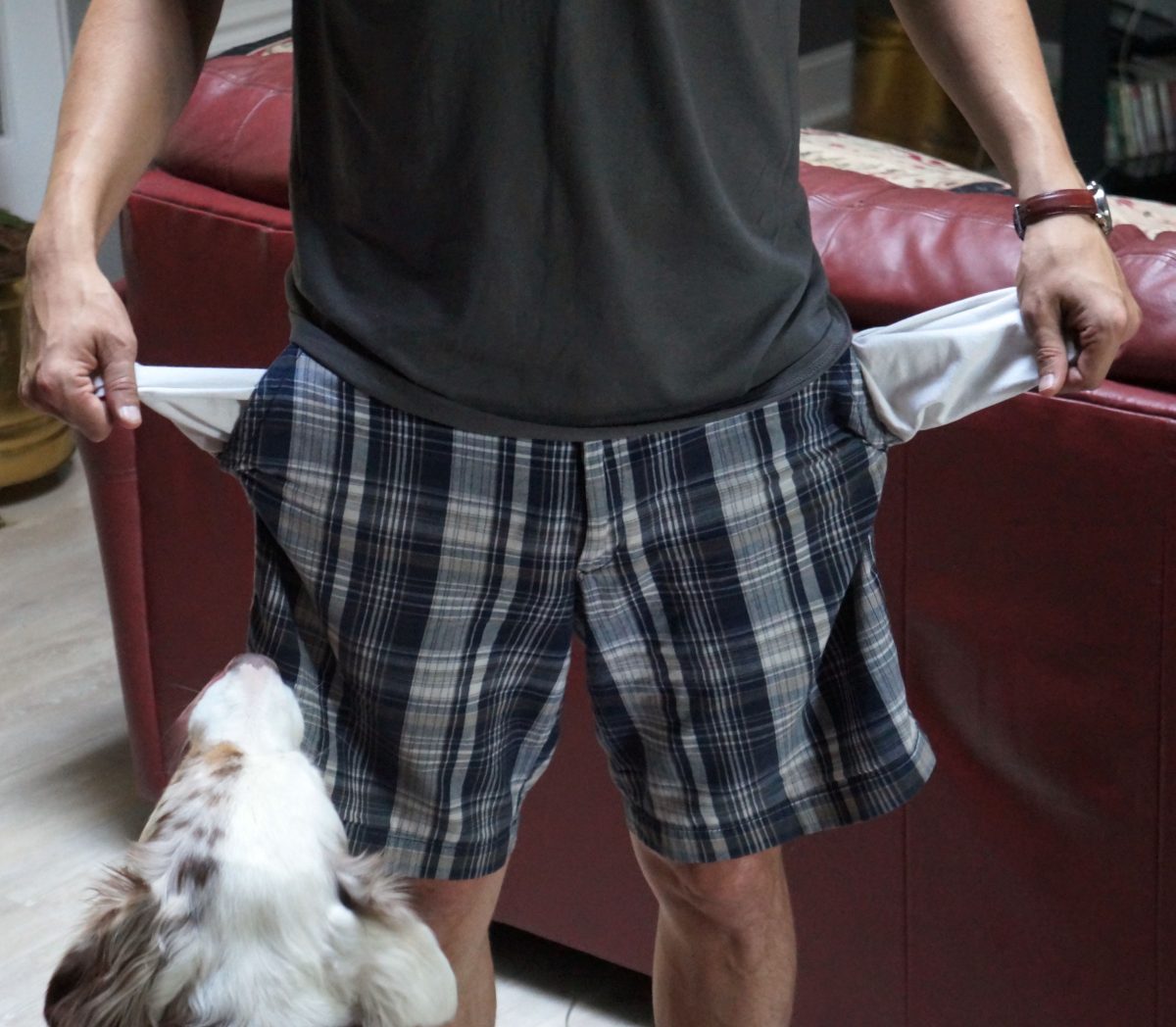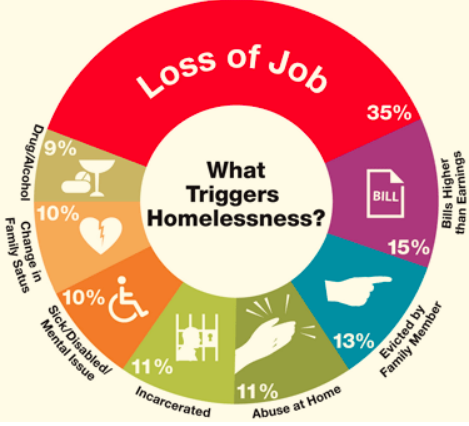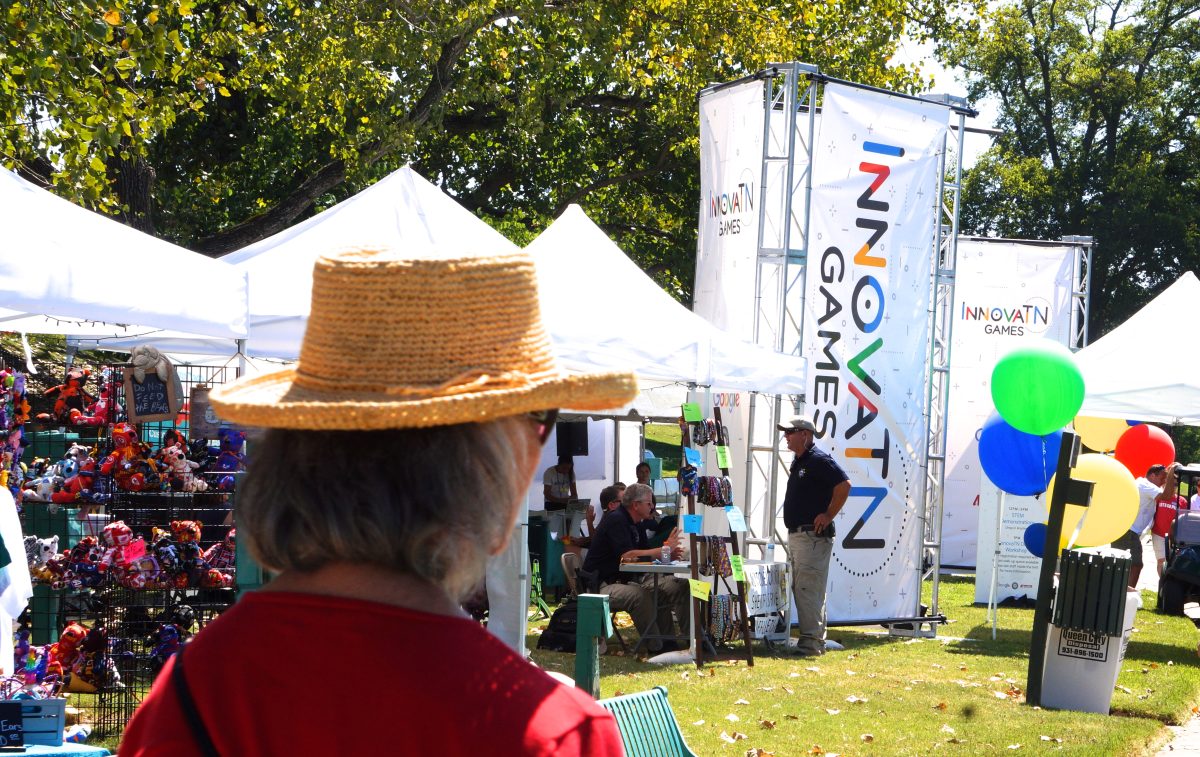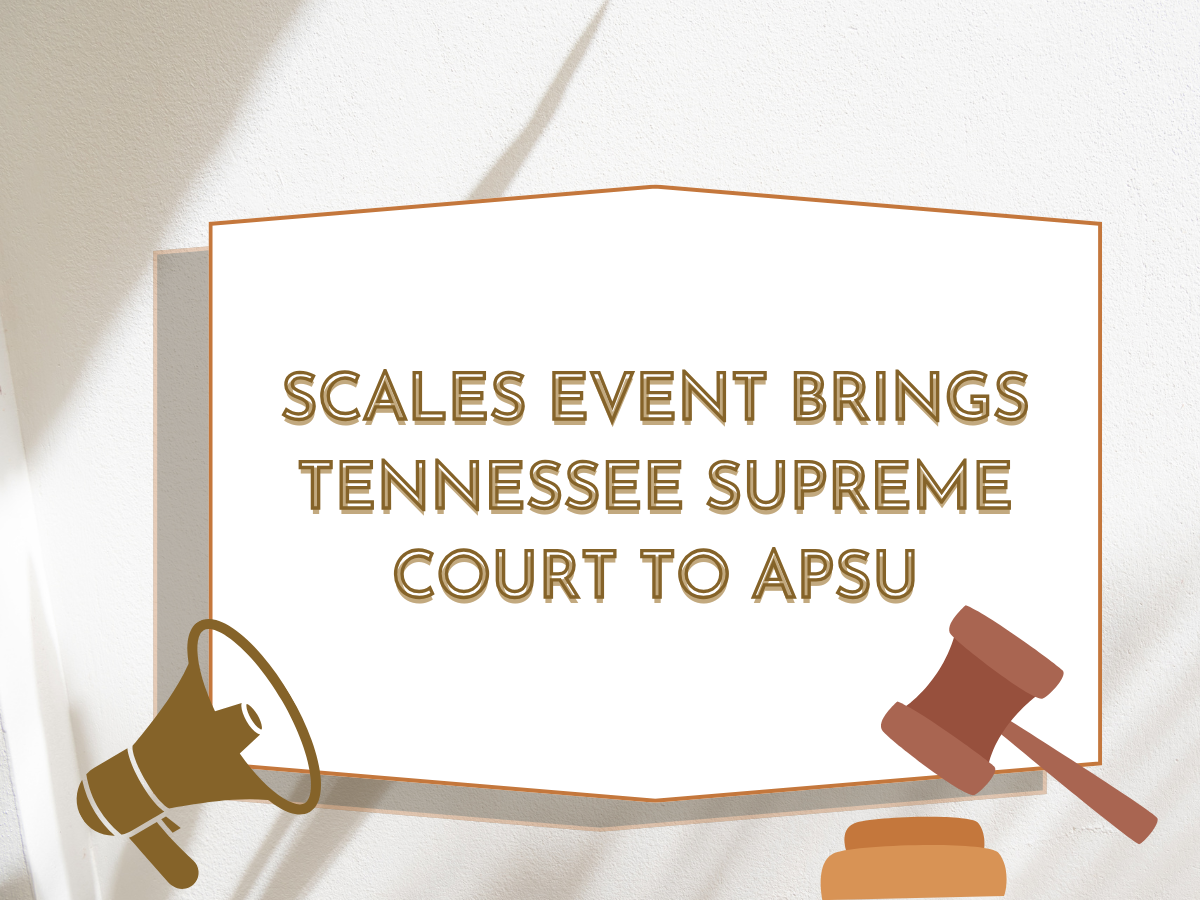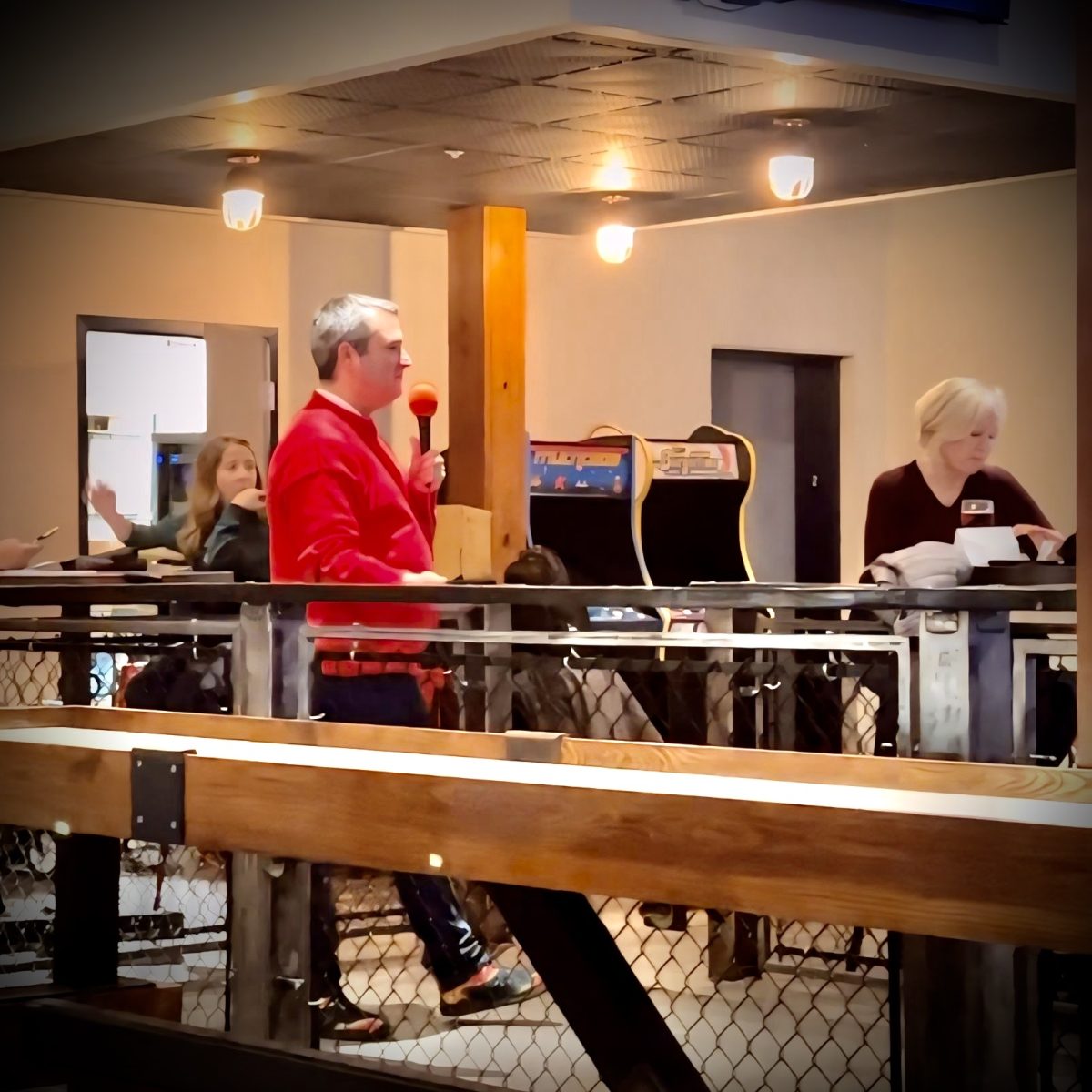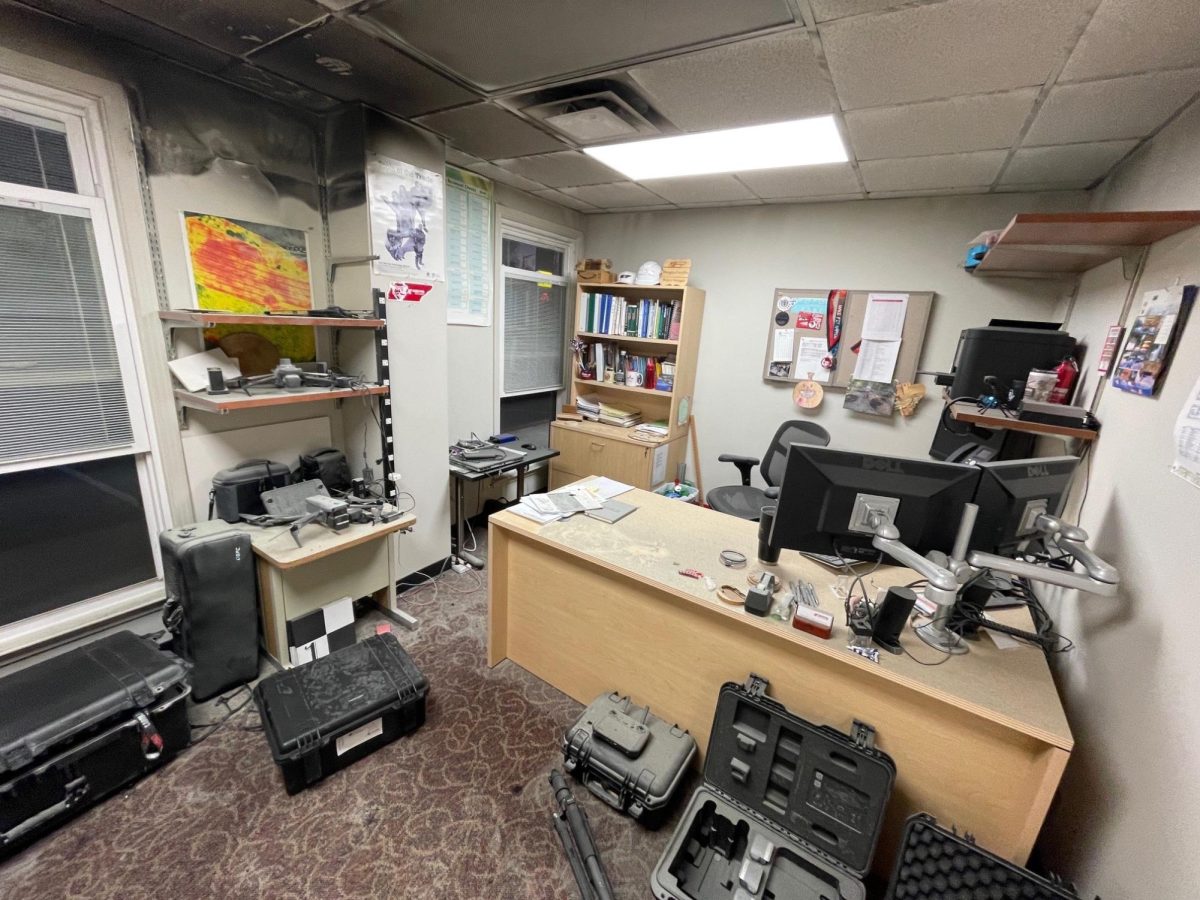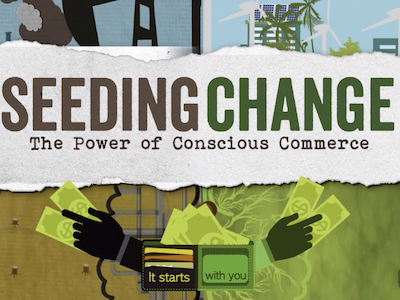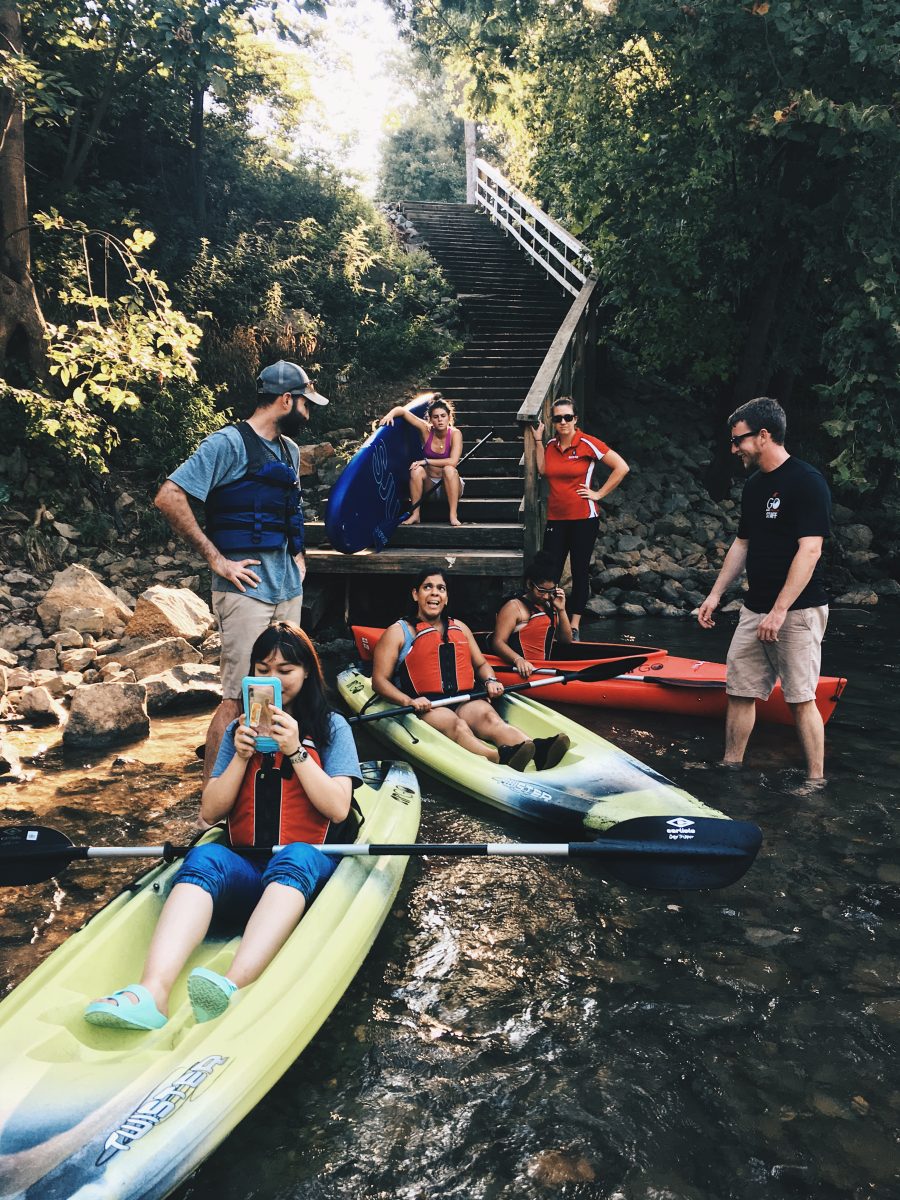Editor’s Note: This is part three in a series addressing the circumstances of being broke while going to college and the ways people are coping with the stress and doing what they can just to get by. This installment discusses how the New Gov’s Guide to Getting By got started and how contributors can get involved.
This is how this train got out of the station.
A lady from an Upward Bound program forwarded a transcript of an NPR article about the University of Michigan’s Guide “How to Be Not Rich at UM” to Maddie MCGalliard, the VISTA worker who manages the APSU S.O.S. (Save Our Students) Food Pantry and asked the question “Could something like this happen at APSU?”
McGalliard works every day with people trying to make ends meet, managing the pantry and clothes closet. She ticked off the list: “Tuition, housing, bills” and she said a number of our students have children at home. “Prioritizing groceries can be on the bottom of the list”
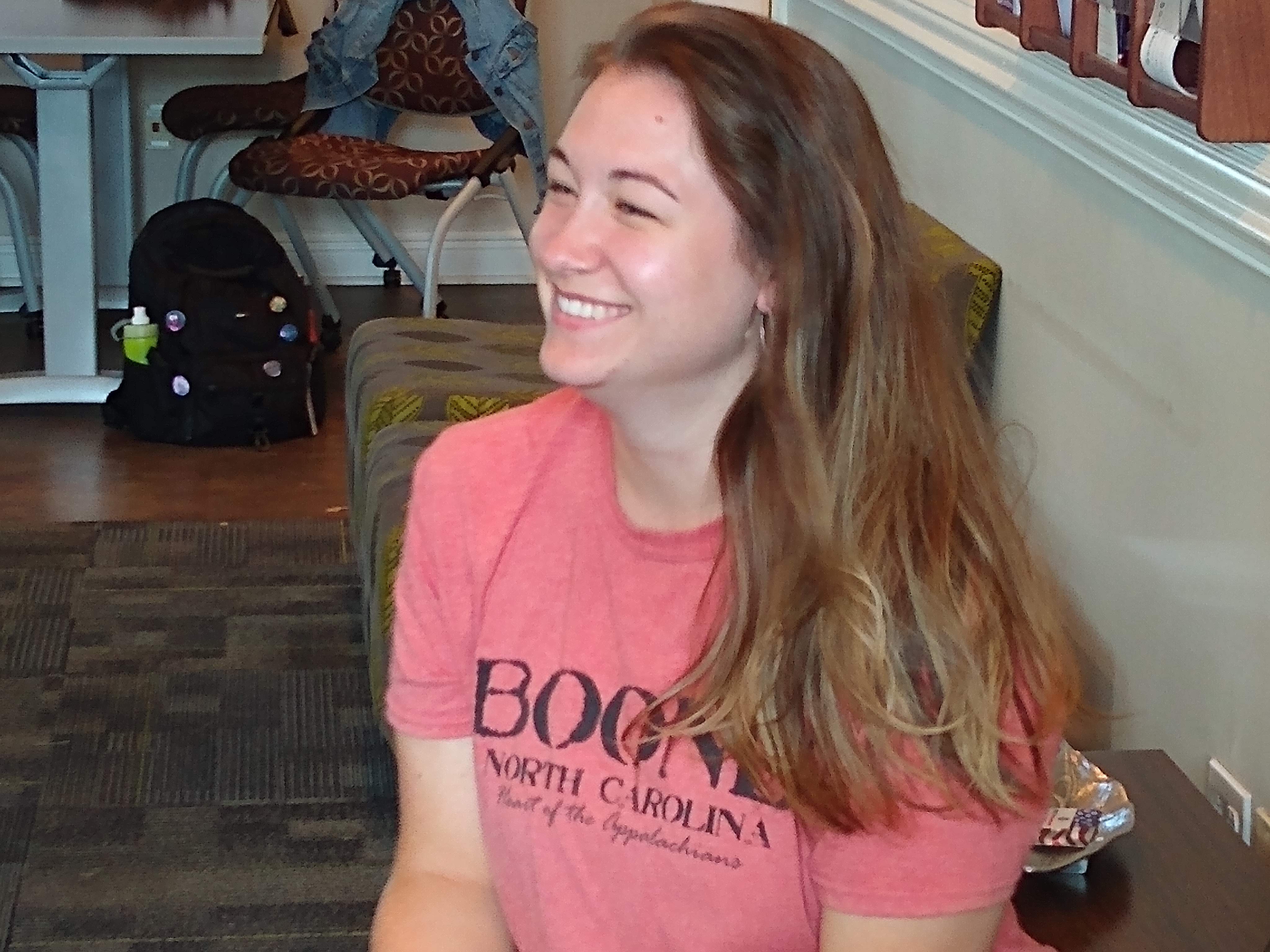
Every day, in the resource give-away center where she works, she shares money saving ideas, strategies and resources with staff and students. Gardening, cooking tips, coupon sources, all sorts of money-saving “hacks” are shared between her, her volunteers and the pantry’s patrons.
The idea that students would have an internet-based forum to share solid coping ideas that addressed being cash-strapped and under-resourced here at APSU is so exciting to her.
“When I saw this, I immediately shared it with Alex” [Alexandra Wills, Director for the Center for Service-Learning & Community Engagement] and “then we all started working on it.” McGalliard said.
What seemed to ring true for the staff at Center for Service-Learning was that the Michigan effort was written by the people who were living “not-rich” and that their entries into the publicly shared Google Doc reflected real street-smart solutions to challenges to being in college like keeping a job, affordable housing, reliable transportation and basically eating.
“At U of M, their guide was a reaction to a list of suggestions put out by some staff members that were really tone-deaf to the real needs of their students.” Wills said. “I am looking for the real creative ideas out there from the people who are walking the walk.”
McGalliard agreed.
“I think that this ‘by the students, for the students’ approach” is vital,” McGalliard said. “Anyone can contribute to the guide, but for me, students are the ones living in these circumstances and will be the ones who have the best ideas on how to make it work.”
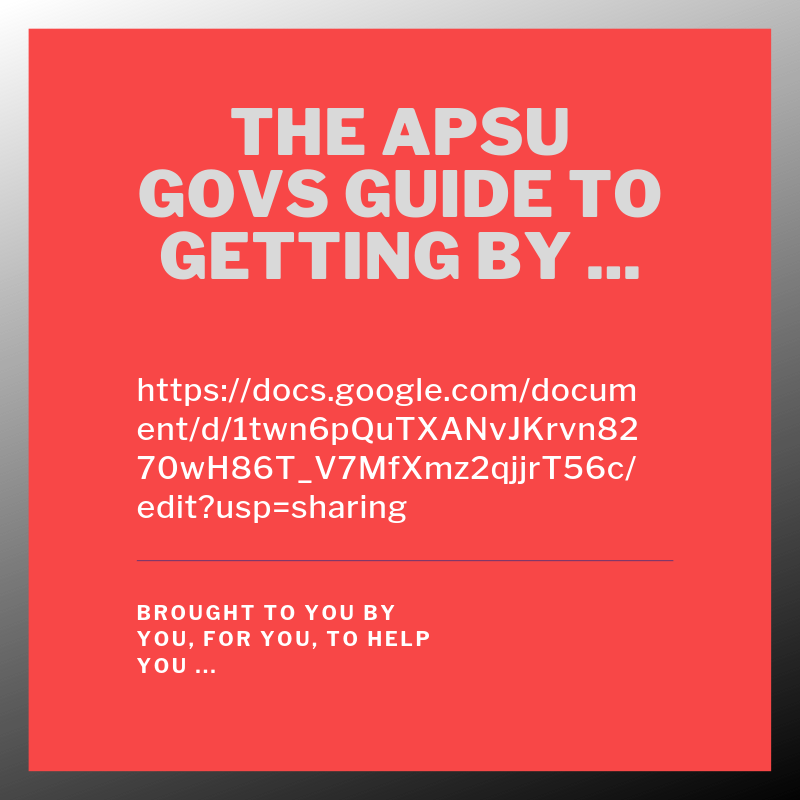
Wills, who admitted to being fond of alliteration, coined the name “Govs Guide to Getting By” and drafted the original Google doc.
There, it says “This is a document in which we can be honest about the barriers lower-income and first-gen students face on this campus. This is a document specifically for us and people with similar situations (although anyone with relevant information can contribute to the doc).”
Adding to the Google doc is pretty straightforward. The guide says “take a section you think you have authority in and fill it in.” Volunteer editors and curators will provide some fact-checking and if the entry is accurate and relevant, it will be published and out there for all to see.
There is even a provision for getting credit for ideas. The guide says “if you did contribute something and would like to be credited, you can add your name at the bottom of the doc.”
The key to a successful effort like this is the participation of the community it serves. The guide defines the target audience as “lower- and middle-income students”. Based on the demographics of APSU’s enrollment, that is the vast majority of the student body.

“I hope this catches on like wildfire…with lots of entries and comments,” Jonell Nicholson, Administrative Assistant at the Center said.
She then shared her top money-saving and savory tip on campus, the two-dollar lunch on Wednesdays at the Baptist Student Union (BCM). Asked whether she will actually add it to the guide, Nicholson said, “I think I will.”
If you want to check it out yourself, see what is in the guide or would like to add your own advice on how to get by, the Google doc can be found at this url: https://docs.google.com/document/d/1twn6pQuTXANvJKrvn8270wH86T_V7MfXmz2qjjrT56c/edit

